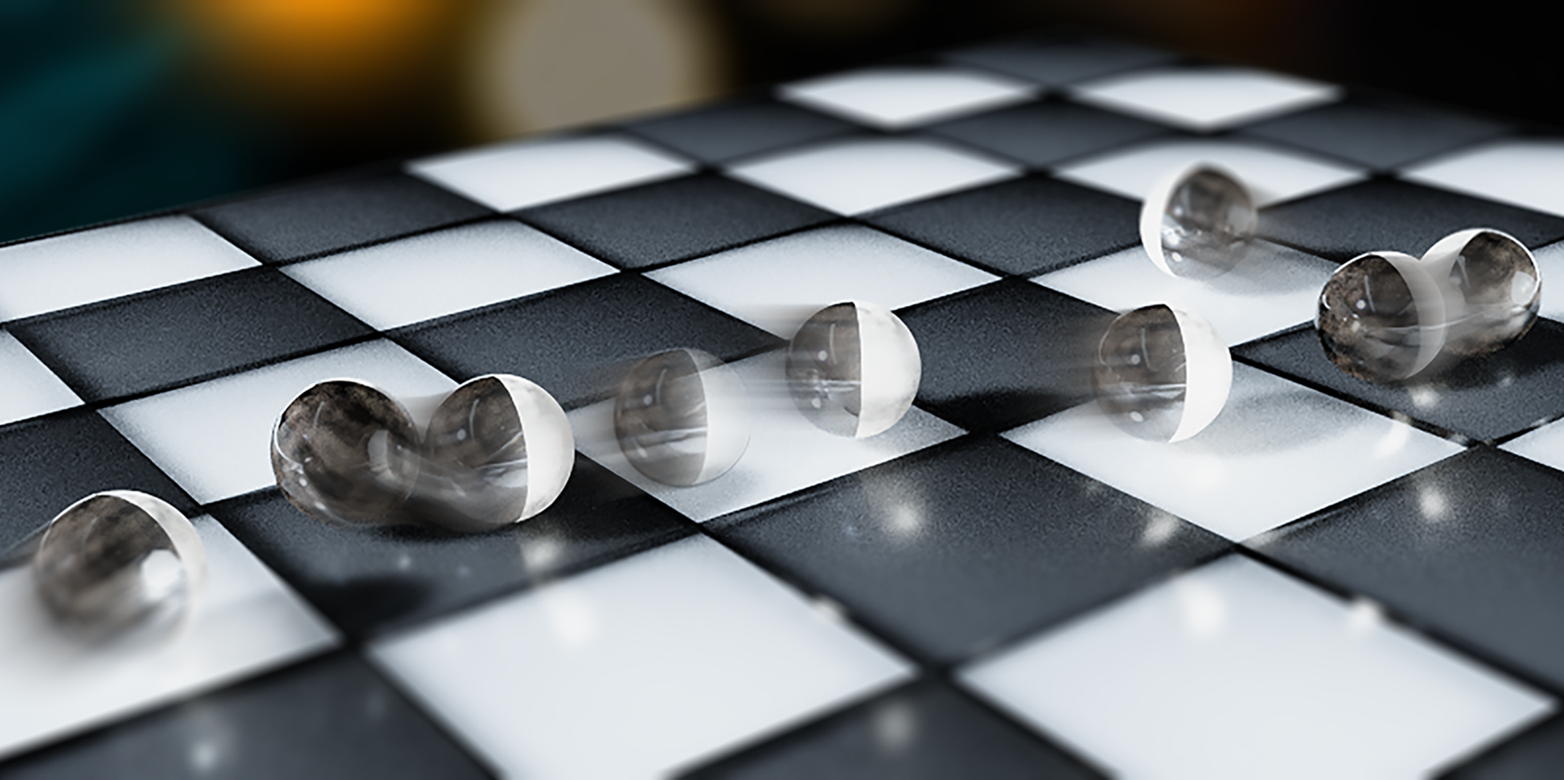Recent work from the Laboratory for Soft Materials and Interfaces, in collaboration with researchers at the Heinrich-Heine University in Düsseldorf and at the University of Gothenburg, has demonstrated a new way to control the motion of self-propelling microparticles.

By applying randomized magnetic fields, Fernandez-Rodriguez and co-workers have shown that it is possible to decouple the random fluctuations that continuously rotate colloidal particles from the ones imposed by the temperature of the environment. By cooling (slowing) down or heating (speeding) up rotational diffusivity, they obtain statistical control on when a self-propelling particle changes direction. Moreover, real-time tracking of particle motion makes it possible to apply a feedback scheme that regulates motility as a function of space and time. Combining experiments and numerical simulations, they show that controlled variations of rotational diffusivity lead to the emergence of new behavior, such as anomalous diffusive transport and localization of particles in regions of high rotational diffusivity. These findings take us one step closer to the realization of a new class of active units for autonomous materials.






